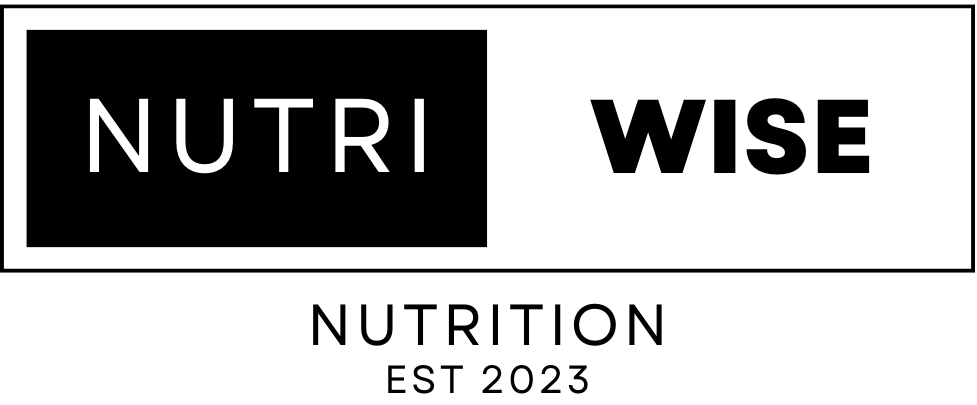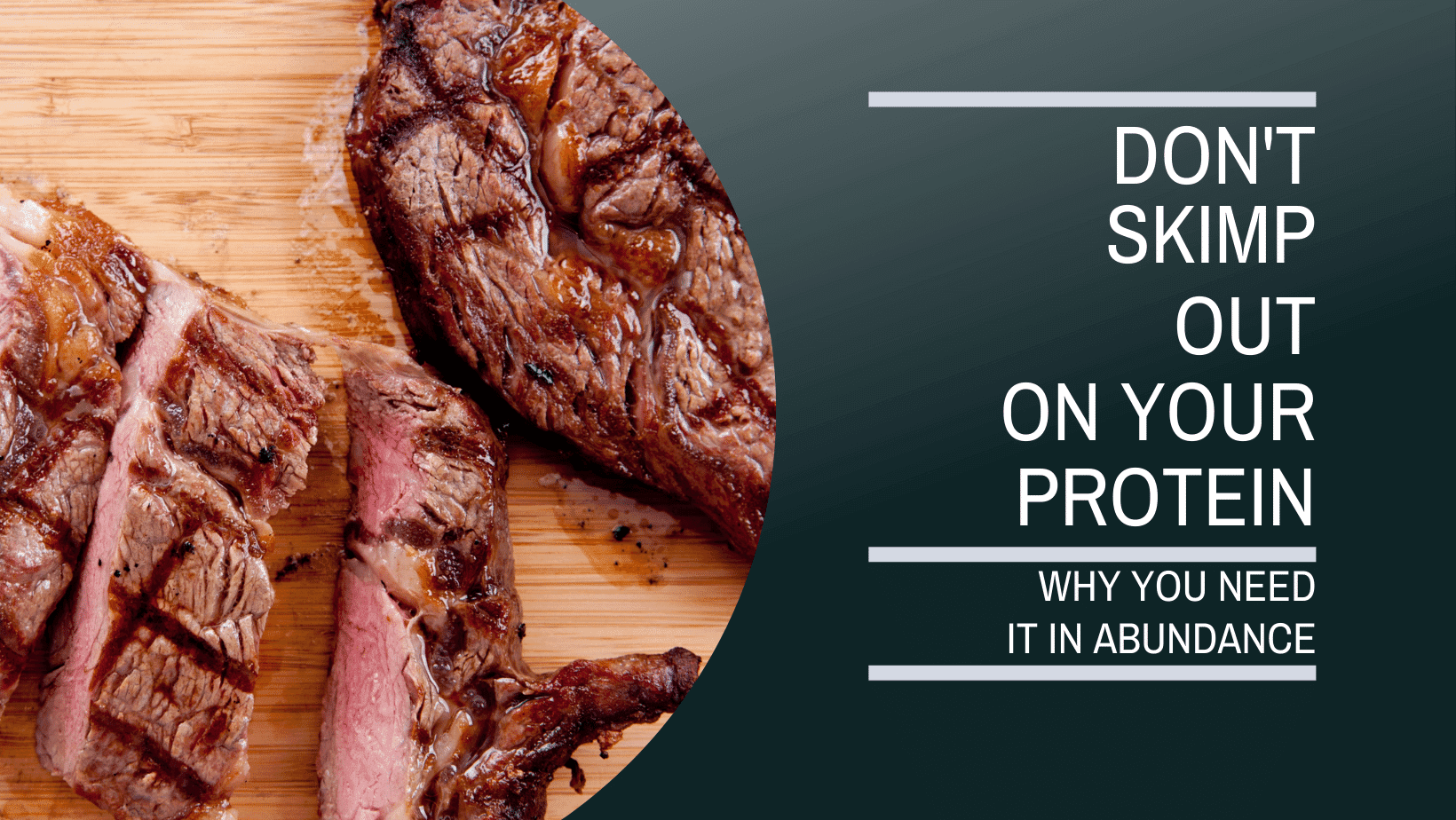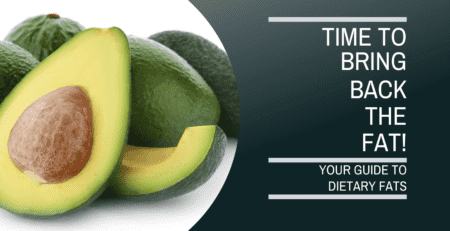The Importance Of Protein
A world of opportunities awaits us when we choose to consume more protein. Like a key unlocking a doorway, it can open up an entirely new way of living. Eating more protein is not only beneficial to our health, but it can also help us reach our goals and improve our quality of life.
Consuming sufficient protein is essential for building muscle mass and strength and for maintaining healthy bones, skin, hair, and nails. Protein can help you lose weight or maintain a healthy weight by keeping you feeling full longer and reducing cravings for unhealthy snacks. It can also increase satiety after meals, which helps to keep your energy levels even throughout the day. Additionally, consuming adequate amounts of protein helps support proper immune system function and delay the onset of age-related illnesses by helping to reduce inflammation in the body.
Protein is an essential part of any diet as it plays an important role in many bodily functions. By eating more protein, we are able to benefit from all the positive effects that come with it, including improved muscle growth, better digestion, stronger immunity, and overall better health outcomes. So why not make this simple dietary change today?
How Much Protein Should You Eat?
Protein is an essential nutrient for health, and it is important to understand how much should be consumed on a daily basis. To put it simply, one should ‘measure their protein intake by the palm of their hand’. Specifically, research suggests that adults should aim for 0.8 grams of protein per kilogram of body weight each day. This has formed the RDI for the general population for a long time. The requirements are different when discussing physically active segments of the population and those seeking to gain more. The optimal range for those seeking to gain muscle and optimise body composition is widely recognised to be 1.8 to 2.5g per kilogram of body weight each day. This takes into account the protein turnover occurring in the body and provides adequate resources to develop new tissue.
When calculating daily protein intake, it is important to note that not all sources of protein are equal. Animal-based proteins such as beef, eggs, and fish are considered ‘complete proteins’ because they contain all nine essential amino acids. Additionally, plant-based proteins such as beans and nuts also provide ample amounts of essential nutrients and fiber. To reap the full benefits of protein consumption, individuals should strive to include both animal-based and plant-based proteins in their diets.
In order to promote overall health and well-being, it is recommended that adults consume no less than 0.8 grams of protein per kilogram of body weight daily through a balanced diet that includes both animal-based and plant-based proteins. If you want to optimise your body composition, gain muscle and/or are physically active you need much more than this. Consider beginning at 1.8 grams (my personal recommendation is 2.2 grams) per kilogram of body weight. Doing so can help to maintain muscle mass, increase satiety after meals, support healthy organ function, improve overall immunity levels, and improve body composition.
Sources Of Protein
The importance of protein in our diets cannot be overstated. From helping to build and maintain muscle mass, to providing energy and aiding in digestion, protein plays a vital role in keeping us healthy. To that end, understanding the sources of protein is key to ensuring that we get the right amount for our bodies.
Animal products such as meat, poultry, fish, eggs and dairy are some of the most popular sources of protein. They tend to provide all nine essential amino acids – which are necessary for tissue repair and growth – making them complete proteins. Plant-based sources such as legumes, nuts, grains and seeds can also provide beneficial amounts of protein but generally need to be combined with other plant-based foods to form a complete source. Additionally, many foods naturally contain small amounts of protein; these include fruits, vegetables and even some beverages like milk or smoothies.
Finding the right balance between animal-based and plant-based proteins is an important part of any diet plan. In addition to looking at whole food sources, there are also many supplements available that can help meet daily needs; however it’s always best to consult with your doctor before adding any new supplements into your diet regimen.
Foods High In Protein
A balanced diet is essential for a healthy lifestyle. Protein is an important part of that balance and it is essential to obtain an adequate amount of it from sources such as dairy, meat, fish, eggs, nuts and legumes. But what are the best foods to consume in order to get enough protein? This article will discuss four foods high in protein.
To begin with, nut butters are a great source of protein and can be used in many different recipes or eaten on their own. Almonds, peanuts, cashews and hazelnuts are all excellent sources of protein. Lentils are another versatile option as they can be boiled or added to soups and salads. Beans like kidney beans and black beans are also extremely beneficial due to their high level of proteins and fiber. Finally, Greek yogurt is a delicious choice that contains more than double the amount of protein per serving than regular yogurt does.
Hence, there are various sources of protein that can be enjoyed in everyday meals. From nut butters to lentils, beans and Greek yogurt – these foods provide many benefits which include aiding muscle growth and contributing towards overall health.
Incorporating More Protein Into Your Diet
When it comes to understanding the importance of protein intake, it is essential to recognize how incorporating more protein into one’s diet can be beneficial. Protein is an essential macronutrient for building muscle, maintaining a healthy weight, and overall health. Therefore, understanding how to incorporate more protein into one’s diet is important for achieving these goals.
The best way to begin is by increasing the number of high-protein foods eaten every day. Examples of these include lean meats such as chicken and turkey, fish such as salmon and tuna, eggs, dairy products like Greek yogurt and cottage cheese, legumes like beans and lentils, nuts and seeds such as almonds or chia seeds, soy products like tofu or tempeh, quinoa, some whole grains like oats or barley and even some vegetables like broccoli or spinach. Additionally, there are plenty of meal replacement options which are high in protein that can be used when time does not allow for cooking a proper meal. These include protein bars, shakes or powders which can be blended with milk or water for a nutritious snack.
Once the sources have been identified it is time to find ways to incorporate them into one’s diet in order to meet their daily needs. For example, adding lean meats or fish to meals instead of processed carbohydrates such as white breads or potatoes can help increase the amount of protein consumed with each meal. Additionally experimenting with new recipes that utilize high-protein ingredients can help increase consumption while still providing satisfying meals. Finally having snacks on hand that are high in protein but low in fat will provide quick nutrition between meals while helping increase daily intake levels when needed. In summing up, understanding how to incorporate more protein into one’s diet can be beneficial for achieving health goals related to muscle gain and maintenance of a healthy weight.
Conclusion
The benefits of increasing one’s protein intake are clear. Eating more protein can help maintain healthy body weight, build strong muscles, and support overall health. However, it is important to ensure that one is consuming the right amount of protein from reliable sources.
The recommended daily intake for active individuals is 1.8 to 2.5 grams of protein for each kilogram (kg) of body weight. Primary sources of protein include lean meats, fish, eggs, dairy products, nuts, and legumes. Additionally, there are many foods high in protein such as quinoa, tofu, yogurt and beans.
Incorporating more protein into one’s diet can be done in a variety of ways; by substituting snacks with a source of high-protein food or adding a few tablespoons of nuts to breakfast cereal. An interesting statistic to consider is that an egg contains 6 grams of high-quality proteins – twice the amount found in an ounce of meat or fish – making them an excellent source for those looking to increase their daily intake of proteins without adding extra calories or fat content.
In summary, including more proteins into one’s diet provides numerous health benefits and can be achieved through careful consideration and planning. Taking time to understand nutritional needs and sources can ensure that one is receiving adequate amounts and quality proteins necessary for optimal health and vitality.










